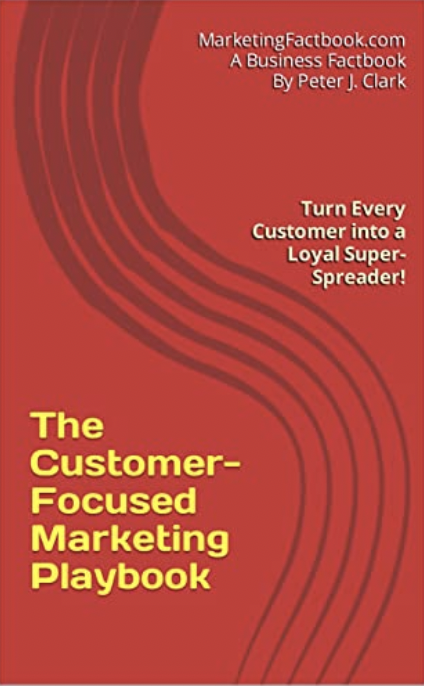Executives say a social strategy is now critical
The concept of 'social business' is increasingly perceived as a strategic executive imperative in many businesses, with 78% of executives saying that a social business strategy is critical to future success, according to a study of 902 US-based knowledge workers, conducted by Penn Schoen Berland for Jive Software.
Social business is a strategy to help businesses engage employees, customers and the social web, all at once, through an integrated platform that includes community software, collaboration software, social networking software and social media monitoring. In the same way that social technologies have changed consumers' personal lives, the study suggests that social business technologies will help to change how enterprises create competitive advantages.
The 'Jive Social Business Index 2011', surveyed 301 executives, 301 working millennials, and 300 general knowledge workers at both large (1,000+ employees) and mid-size companies (500-999 employees) across various industries. Tony Zingale, Jive's CEO, explained: "Today's executives realise that they must have a social strategy or risk falling behind their competitors."
The Jive Social Business Index 2011 identified three key findings:
- Social business is a top executive strategic imperative
The study found that social business is increasingly becoming a strategic initiative for enterprises, especially among executives and millennials. Over half of the executives interviewed believe that their companies would face moderate to high risk if they failed to adopt a social business strategy.For example, 66% of executives believe that social applications for business represent a fundamental shift in how work will get done and how companies will engage with customers, while 53% believe they must adopt social business or risk falling behind, 62% cited the potential to achieve "better customer loyalty and service levels", and 57% anticipated "increased revenue or sales" as a result of implementing a social business strategy.
At the same time, 62% of all respondents thought that businesses need to leverage social software inside and outside their organisations in order to remain competitive, and online communities are an important source of information for making purchase decisions, especially for millennials.
Some 54% of millennials said that they were more likely to rely on and make purchase decisions from information shared via personal contacts in online communities, while 33% were more likely to use information from official company sources, and 83% of executives said they use at least one social network for their work.
Only 17% of executives said that their company is "ahead of the curve" in terms of adequate adoption of a social strategy. A closer look at company sizes included in the survey revealed that executives at mid-size companies are more confident in their social strategies than executives at large companies.
- App Stores are gaining traction in the enterprise
The second major finding was that there is a growing interest in the enterprise for an app store that provides access to a broad range of IT-approved business applications. Again, executives led the charge, with 74% indicating interest. While most executives have downloaded at least one web-based app, most do it without seeking or receiving permission from their IT organisation.70% of executives and 51% of millennials have downloaded at least one web-based application for work use either on their mobile device or personal computer, and 92% of executives and 82% of millennials believe that work-related web-based apps greatly or somewhat increased their productivity. Interestingly, 58% of executives and 58% of millennials said they did not seek or receive permission from a systems administrator or an IT professional before downloading or using apps in the workplace.
- Email usage is growing, but not solving communication problems
The survey also found that email usage had grown over the previous two years. However, despite the increase in the use of these existing tools and processes, knowledge workers still find communication to be one of the top work challenges. Executives, millennials and general knowledge workers alike are looking for new ways to communicate on social platforms in an effort to increase productivity, change the way people connect and learn at work, and have better engagement with customers and partners.77% of executives, 68% of millennials and 61% of general knowledge workers indicated that email usage in the workplace has increased over the past two years, while 89% of executives, 88% of millennials and 76% of general knowledge workers believe that they and their teams would be more productive if they could dramatically reduce the time spent writing and reading emails. At the same time, 73% of executives, 73% of millennials and 64% of general knowledge workers agreed that social platforms will fundamentally change the way people share, connect and learn at work and with companies.
Sources: Jive Software; Penn Schoen Berland / The Marketing Factbook.
Copyright © 2011 - 2025 The Marketing Factbook.
Categorised as:
- Customer Loyalty
- Knowing The Customer
- Marketing Know-How
- Marketing Technology
